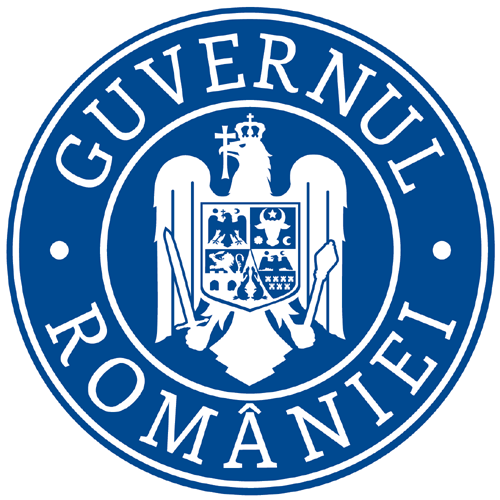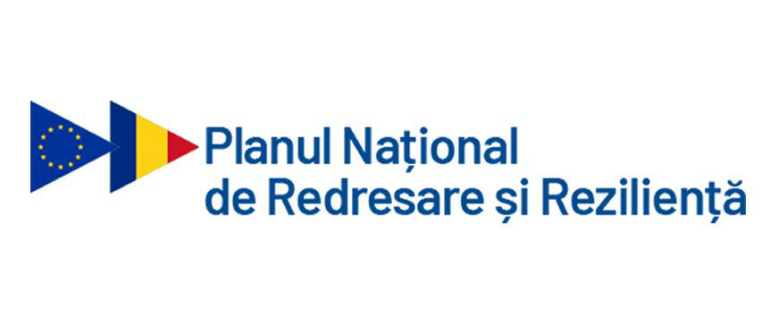This blogpost promotes two recent book reviews that were commissioned from CORECON members Katarzyna Molek-Kozakowska and Ecaterina Ilis by the academic journal “Power of Judgement” (Władza Sądzenia). This open-access indexed academic journal published by University of Lodz, Poland, self-describes as a venue answering to the need for regular and effective exchange of reflections in the field of politics and morality. Concerned with the interdisciplinary study on the phenomenon of power, the journal invites academics from sociology, psychology, anthropology, managements studies, demographics, philosophy and other disciplines to share their research on monitoring, demystifying and deconstructing the mechanisms of materialization and reproduction of power.
While researching the literature for her CORECON-related analyses, Katarzyna Molek-Kozakowska has found a 2024 collection on Epistemic Rights in the Era of Digital Disruption edited by Minna Aslama Horowitz, Hannu Nieminen, Katja Lehtisaari and Alessandro D’Arma and published by Palgrave Macmillan. The reviewer offers an overview of the current understanding of the concept of “epistemic rights”, understood as a situation where some types of knowledge and knowers become unduly privileged while others tend to be marginalized, excluded or even oppressed. While most media users may still enjoy a sense of freedom amidst the enormous flow of content and the infinite choice of channels of information, more attention is needed to see how this flow is controlled and how the exposure and overstimulation impacts us. The review explains how the book portrays the disruptive context of recent digital transformation of the public sphere. It also echoes the call articulated by the authors in the collection to strengthen democracies by acknowledging citizens’ epistemic rights as part of larger extension of human rights.
Given her long-time interest in fake news, Ecaterina Ilis delivers a detailed analysis in her review of Exploring the Blurred Lines: Truth Claims Across Media edited by Beate Schirrmacher and Nafiseh Mousavi (2024). The book delves into how both traditional and digital platforms have contributed to the erosion of clear distinctions between fact, opinion, and misinformation. Ilis highlights the authors’ key arguments, including the ways in which media manipulation, selective reporting, and social media echo chambers distort truth. She also explores how these blurred lines impact public perception, leading to a growing distrust in media institutions and a heightened difficulty in discerning credible information. The review offers interesting insights for readers seeking to better understand the media’s role in shaping public narratives and the broader implications for democracy and informed citizenship.
Both reviews can be downloaded free of charge from https://wladzasadzenia.pl/en/no/26-2024





